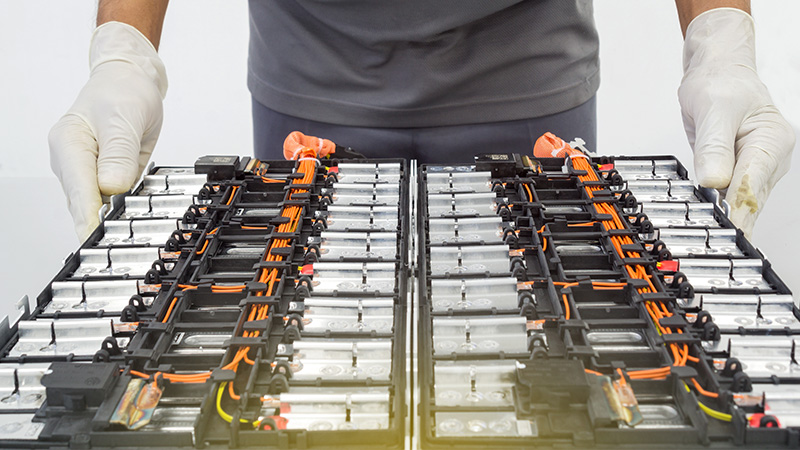Why batteries should have passports
Large batteries, like the ones used in EVs or energy storage, not only represent an opportunity to shift away from fossil fuels, but to build more ethical and sustainable practices into global energy systems.
Child labour, carbon footprint and other environmental impacts from mining and processing the raw materials to make the batteries are issues which the public is increasingly concerned about. Providing transparency around these issues is vital so that people can make informed buying choices.
A key way to achieving this is battery passports.
In January this year the Global Battery Alliance (GBA) launched the proof of concept for its battery passport at the World Economic Forum’s annual meeting. The passport works as a battery’s “digital twin,” tracking its journey from raw materials to finished product, creating an impressive level of transparency and surety for investors, industry and consumers.
According to the GBA, the passport collates and tracks information on where raw materials, like cobalt, lithium, and graphite are mined, as well as technical specifications, information on the battery’s carbon footprint, and its child labour and human rights performance.
The GBA’s members range from mining companies to major international battery manufacturers and automotive companies to recyclers.
The role the passports do in tracking information is vital. Transitioning away from fossil fuels can’t just be about reducing carbon emissions, it must be equitable and have much further reaching, positive impacts across the supply chain. This is especially important for communities and their environment, often in developing nations, where raw materials are mined or processed.
The passport’s developers also plan for future iterations to include technical information on how to take apart and recycle the batteries. This will be key to creating a more sustainable, circular economy for large batteries.
There is also a big economic driver for reuse and recycling. The demand for raw materials has increased significantly over past few years and is only projected to continue rising. As a result, end of life batteries are becoming a valuable commodity.
If we want to reduce the environmental impact of batteries and make them an affordable alternative, then reuse and recycling must be a big part of the conversation.
The idea for a battery passport has already been endorsed at the 2021 G7 Leaders’ Meeting, and in the European Union Battery Regulation. According to the GBA battery passports will become mandatory in the EU by 2026 and other regions will undoubtedly follow.
The New Zealand market is led by the large markets, such as in the EU, so we can absolutely expect to see this have an impact in Aotearoa.







